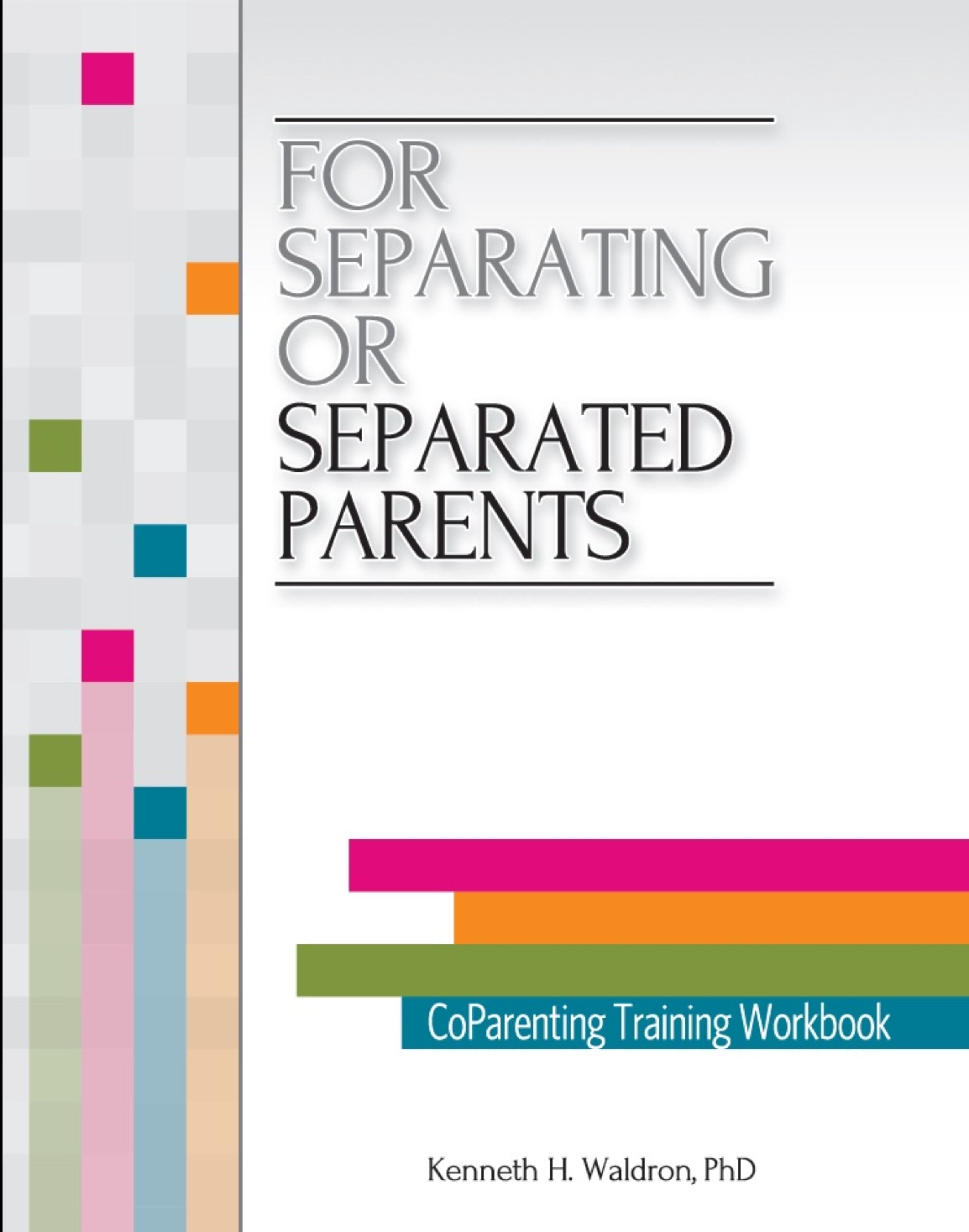Living in Your Own World
2019 Kenneth Waldron PhD and Allan Koritzinsky JD
When people get a divorce, they are often seduced into the “world of lawyers,” who live in the world of the law. The law dictates the distribution of family property, debt, future income in the form of child support and often spousal support, and time with the children.
The last task might seem strange because it suggests that each parent gets to “own” certain times with the children and is often based on where the child sleeps at night, which is largely irrelevant to how children turn out in the future. If divorcing spouses get seduced into this world, they quickly begin competing for the most money, certain property and for time when they can own the children. In other words, the law and lawyers begin to drive a process (perhaps inadvertently) with issues of importance to them, creating competitive disputes where none might otherwise have existed.
The key for divorcing spouses is to resist the seduction and temptation to distribute and, instead, plan their futures. This requires a change of mindset to be sure! Instead of deciding how much time with the children each parent will own, both parents should plan to be parents 100% of the time. The children will inevitably be spending time with one parent and not the other, but they will also spend time with teachers, coaches, friends, grandparents and so on- but with neither parent. Also inevitable, parents need a schedule of at which house the children are expected to be on certain days and certain times and which parent is chiefly responsible for the children at those days and time, but this too does not need to exclude the other parent. For example, one parent can send the other parent a text saying, “I am getting off work early. If you do not have any plans, can I pick the children up for an ice cream?” As another example, one parent can call the other parent and say something like, “Bill has a tough math homework assignment and is struggling, and you know I am no help. Can he come over and do it with you?”
The same kind of planning can be done with money. A financial planner asks what your current situation is financially (income, property and debt), asks what your long-term goals are financially and then helps you develop a plan to get from here to there. You can do the same at the time of the divorce, just like you did when you married, or changed jobs, or had children. You take a look at what you have, where you want to end up and how to get there. If significant spousal support is required to get to one spouse’s (both of spouses’) goals, that should become part of the plan. You should not get greedy and try to get more than you need or pay less than is required by the plan. This too requires a change of mindset!
In brief, at time of divorce, live in your own world, not the world of lawyers (and the law). One of your divorce doctors, Allan, recently had a case in which he, his client, the other party and his attorney were meeting to finalize a settlement agreement. When he walked into the room, the other attorney said something like, “We do not have an agreement; there are a few changes we want to make.” Allan said to his client, “Well, I guess we should just leave” and stood to do so. The other attorney’s client said, “Wait…” The spouses (with counsel present) finished up their settlement, with the assistance of counsel. Whether the other attorney was engaging in a bargaining tactic or her client was reluctant to accept the prior settlement is irrelevant. What was important was that the parties took over, set the parameters of the settlement and did not get sidetracked by a lawyer. Allan’s gesture, the threat to leave, pushed the case back into the hands of the spouses.
By the time people divorce, they usually have faced many significant life changes, and often sit down and plan what to do next. They might have disagreed at times about elements of a plan, but find a way to figure out what will work and what will not, always with an eye to their future goals. This include financial decisions, such as when they bought a house or had a child, and it includes family decisions, when they planned the care of a child or children.
A divorce is a sad life event and at the time of the divorce, spouses might blame each other for facing such a sad event. However, in the long run, it is just another significant life change requiring some planning to turn out well for both spouses and the children.
Resist living in the land of the law
and live in your own world!
Allan Koritzinsky, JD, is a retired partner with Foley & Lardner LLP in Wisconsin. Mr. Koritzinsky focused his law practice on divorce law, alternative dispute resolution and has authored or co-authored numerous articles and books and lectured in lawyer and judicial continuing education seminars throughout his career.
Kenneth Waldron, PhD, is a clinical psychologist in Monona, WI. Dr. Waldron has published research on topics related to children of divorce and provides training to judges, lawyers and mental health providers in the U.S. and internationally. He provides forensic services, including custody evaluations and expert testimony on divorce-related issues.
Dr. Waldron and Mr. Koritzinsky are co-authors of the following books:




